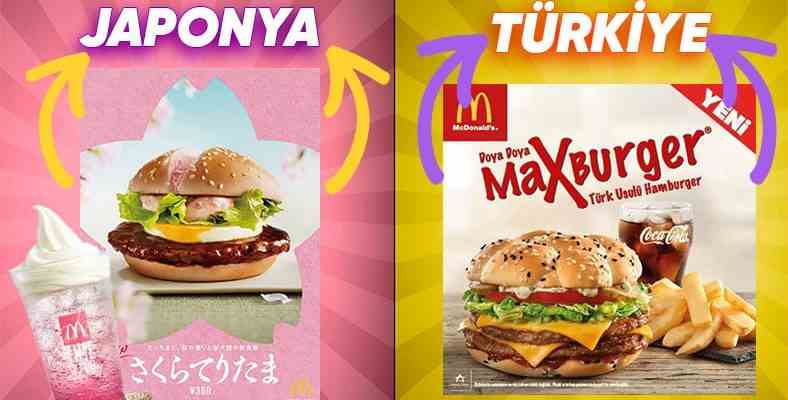In order to better adapt to the markets in which international companies do business; they can adjust the products they offer to better adapt to the culture of that market. Why and how they do this, what are the examples in our country; Come on, let’s take a look together.
As we know, every culture has its own values. As such, adapting to these values becomes very important for the success of a company. There is one reason for the success of global companies. understand cultural differences well, adapting the products or services they offer to the culture of the country in which they do business.
As a result of the adaptation studies carried out by global companies for this purpose, the English equivalents of the words “global” and “local” are combined in the products they offer to various local markets. “glocal” They are called glocal products. Brands use glocalization to refer to the products of the society in the targeted region. facilitate the adoption does it on its behalf.
Kit Kat, which has become a lucky charm for Japan, is one of the most successful examples of glocalization.
Japanese “earning” meaning “kitto katsu” Resembling the expression (き っ と 勝 つ), Kit Kat is loaded with meanings such as “it will definitely win”, “it will never fail”. Kit Kat is consumed in Japan before important exams, job interviews and similar moments, just like the rice we have in ours.
in Japan today to 200 It is known to be the closest Kit Kat variety.
McDonald’s, on the other hand, adapts to different cultures by including foods specific to each country in its menu.
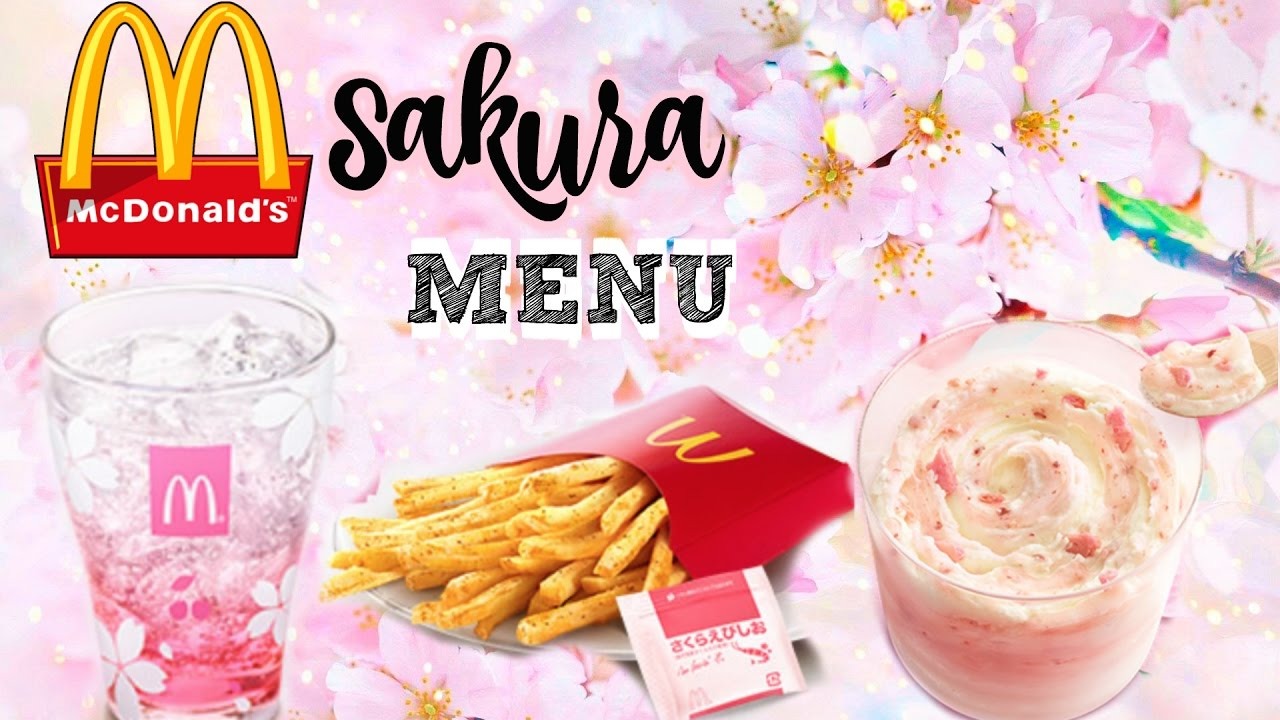
For example, McDonald’s is an American company and carries its own food culture to the whole world, but in Japan Adding regional flavors to their menus is localized.
Netflix, which operates in many countries, offers content that varies from country to country.
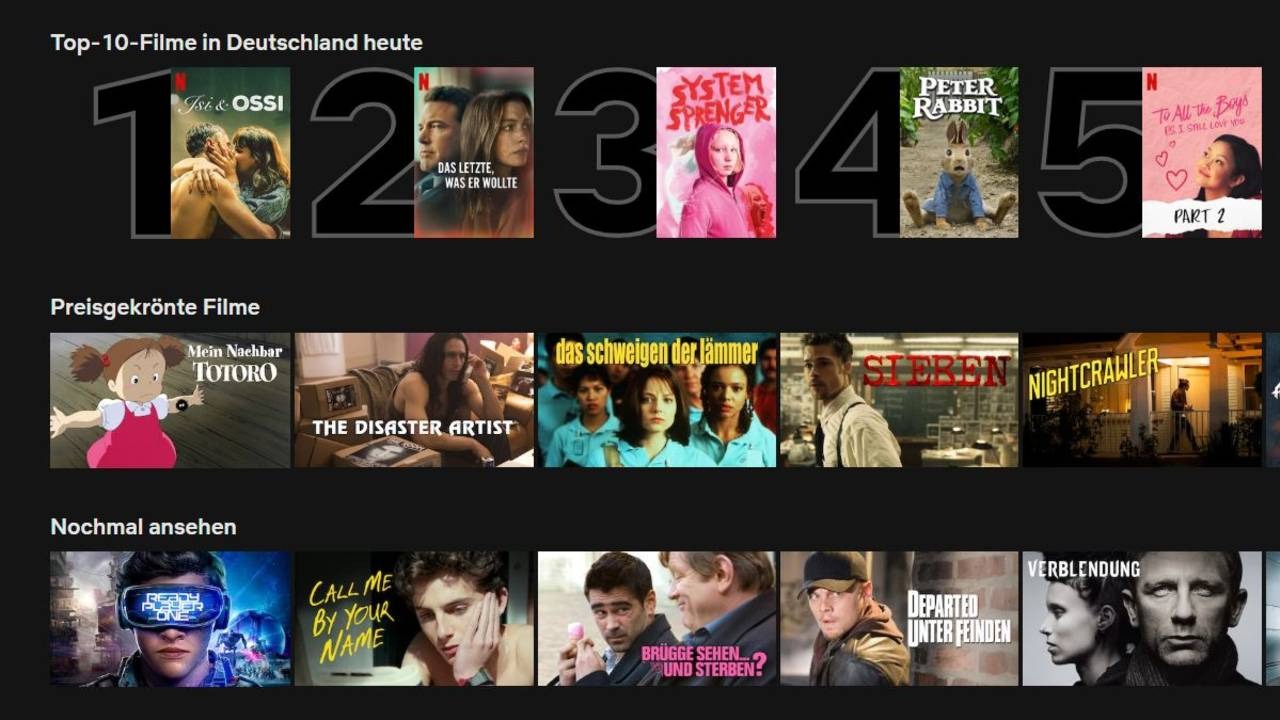
Lists like “Today’s Top 10 Movies List in Turkey” you see on your Netflix homepage localization work.. Also, Netflix with country-specific content planning It also tries to adapt to the local culture.
The sad end of poor analysis of local culture: The case of Starbucks Australia
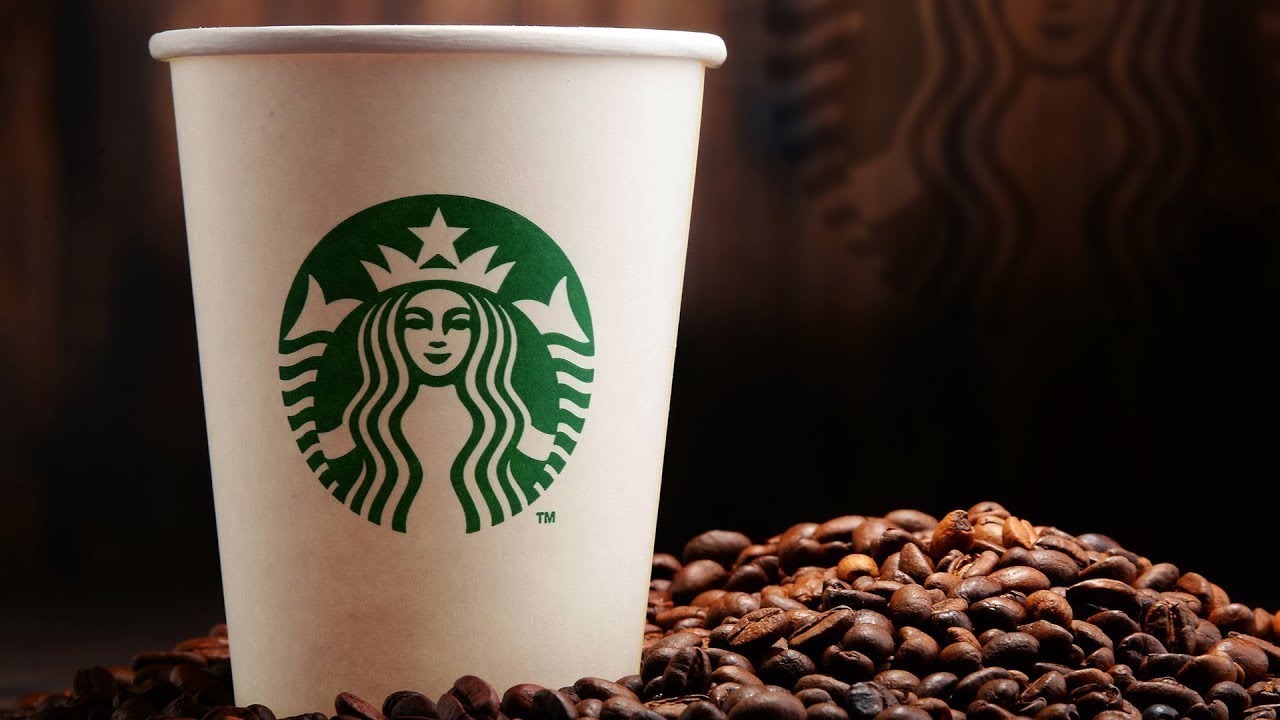
before entering the Australian market. who do not analyze their culture well Starbucks is one of the branches it opened as a result of an expensive expansion. 2 out of 3 it had been a huge failure.
The reason for this is that while American customers prefer sugary and large portioned coffees, Australia’s a very different coffee culture it was.
Let’s look at some examples of glocalization in Turkey like McTurco.
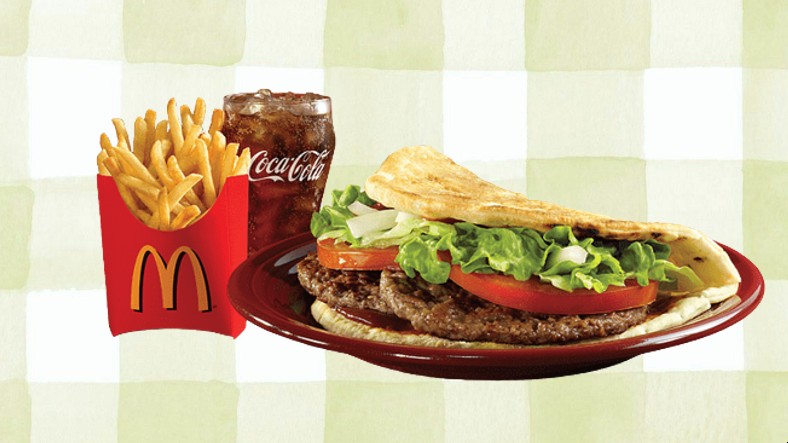
has an important place in Turkish cuisine. lavash and meatballs interpreting in his own way McDonald’s used to offer McTurco product in its restaurants in Turkey for a while.
In fact, the potato wrap menu of McDonald’s, which was removed after the reactions, was also a product adaptation study.
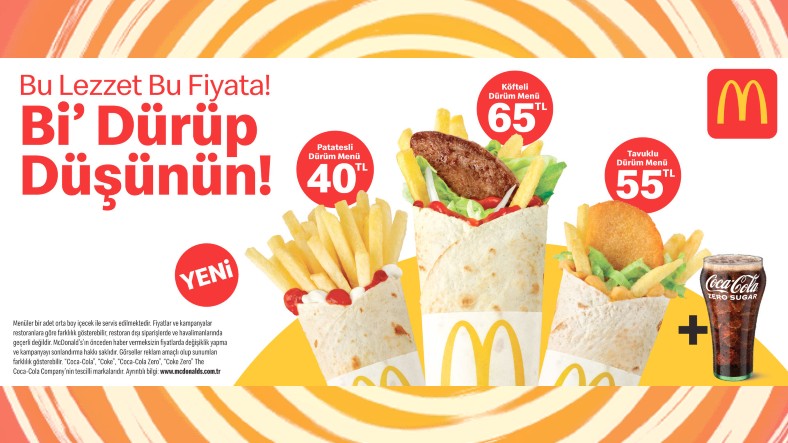
McDonald’s Turkey’s economic situation Considering that, they went in search of a new product that would be both affordable and suitable for their own style.
Potato wrap inspired by Patso is actually expected to be economical and suitable for Turkish culture. omitted to consider abstract facts they will be that the product has been removed due to the reactions.
RELATED NEWS
We need to talk about McDonald’s starting to sell ‘Potato Roll Menu’ for 80 TL: Here are the reactions from social media…
RELATED NEWS
The ‘Dayısavar’ Video That McDonald’s Removed Shortly After Posting Goes Viral on Social Media
We see that McDonalds tries to adapt to local tastes by including Turkish breakfast in its menu.
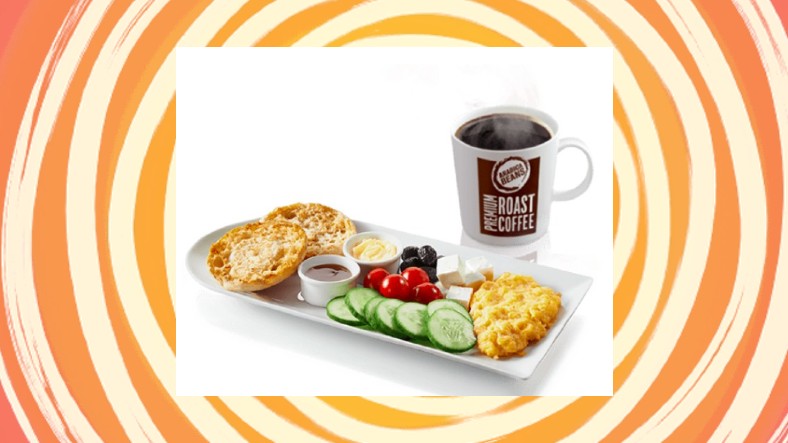
Starbucks sells Turkish tea in its branches in Turkey.
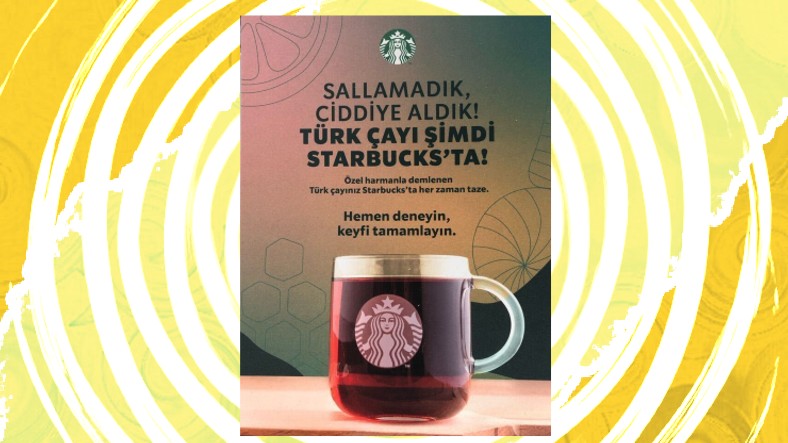
Although Starbucks has many beverages, mainly coffee-based, on its menu. In order to better address Turkish guests It becomes local by adding brewed Turkish tea to its menus.
Algida’s Maraş style ice cream is an example of glocal products.

British origin Algida, a company, has been adopted among the people by appealing to the whole country with Maraş style ice cream offered for sale in Turkey and its variations, in addition to other products it offers.
Domino’s Pizza also adapts to Turkish culture with pizzas such as “Kayseri Ateşi” and “Konyalı”.
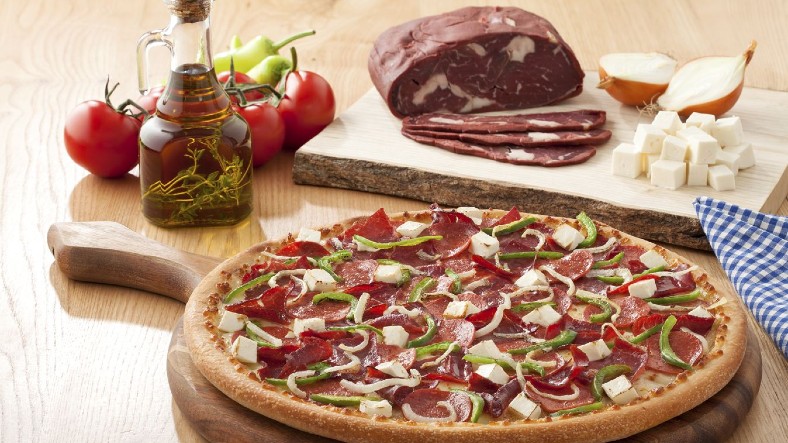
Although it is an American company, Dominos Pizza is on its menu. Inspired by Turkish cuisine It tries to appeal to the taste of its customers in Turkey.
With its local soups, Knorr also adapts to Turkish cuisine.
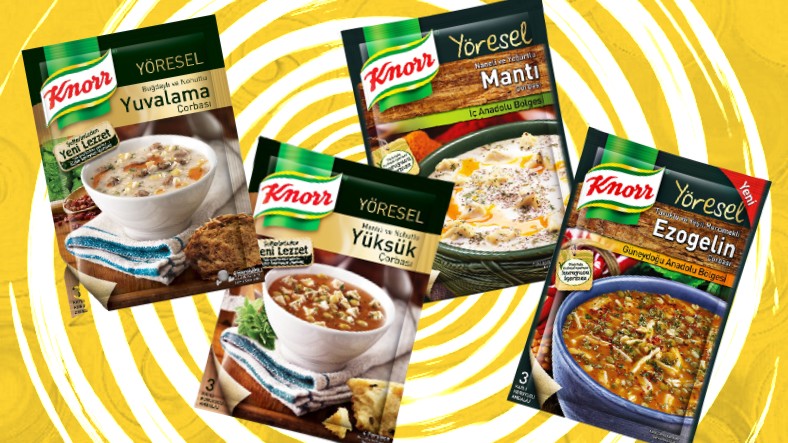
Knorr, a brand belonging to Unilever of British origin, is in the Turkish market as in other examples. Turkish cuisine products presenting.
Doritos is one of those who do not ignore Turkish culture and taste.
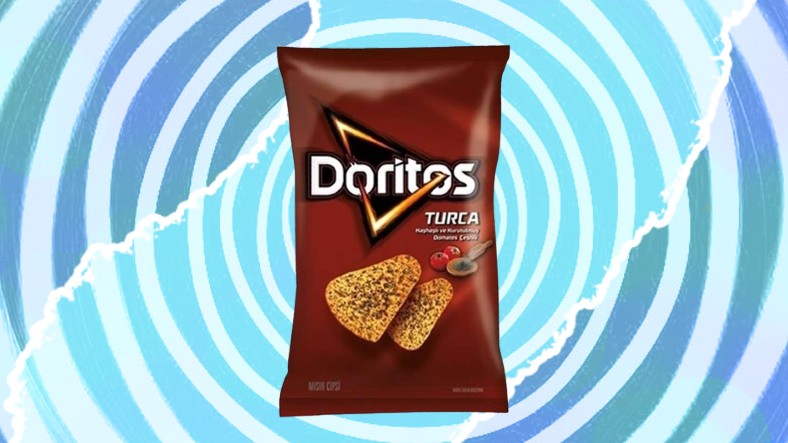
The chips, which come out with the name Alaturca, are famous with their name, taste and advertisement. a real example of glocalization.
Lays has not forgotten to adapt the flavors it offers to other flavors that Turkish people love.
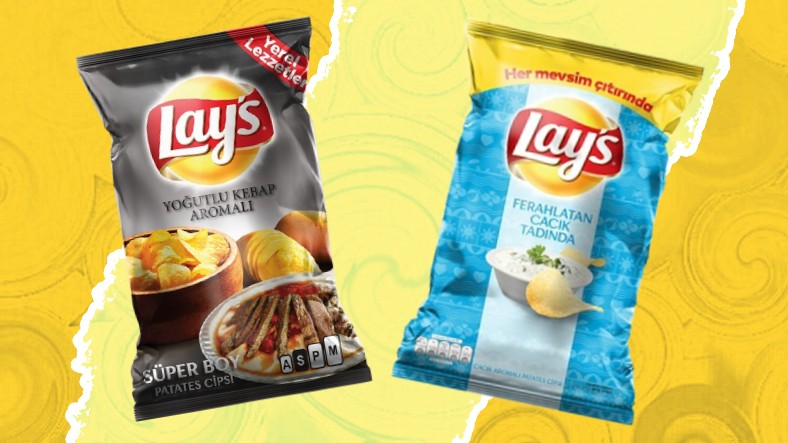
Colgate miswak extract toothpaste also appears as a glocalization study.
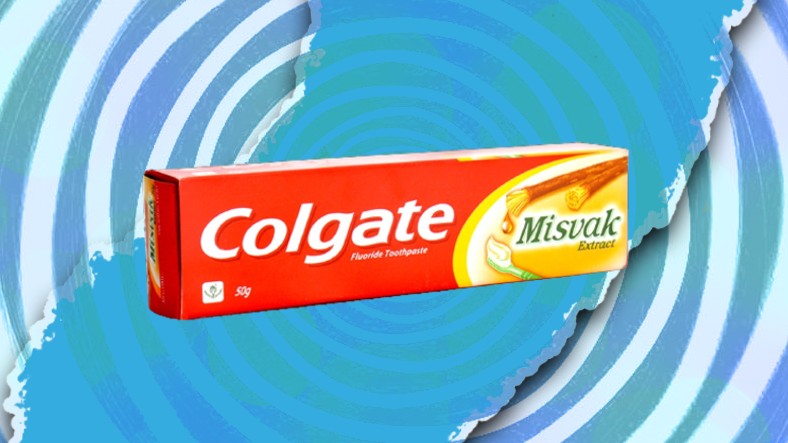
in Turkish culture Miswak, which is known to have an important place, was combined with the toothpaste offered by Colgate and offered for sale in markets where the use of miswak is important.
We also see glocalization in advertisements. The best example is Coca-Cola, which successfully reflects Turkish culture.
“Yiin Gari!”: Lays proved how well it fits into the Aegean culture with Ayse Teyze commercials.
“Doctor what is this?!” Doritos Alaturka advertisement, which is engraved in the minds with its line, is also a successful example of localization.
McDonalds’ advertisement for “Max Burger”, which focuses entirely on Turkish culture, is one of the successful glocal advertisements.
A successful local cultural adaptation from Netflix.
In all product and advertising adaptations that we have exemplified throughout the content, the global brands are in the market. culturally appropriate We see you trying to act.
Maybe the companies that have evolved from global to glocal with the use of local items in their advertisements and the cultural touches in their products may tell us in this way. “I’m yours too” trying to give the image. What do you think, do you think glocalization efforts are successful?
RELATED NEWS
Mind Games Showing How Weak We Are Against Brands: Some Don’t Even Think of the Devil
RELATED NEWS
